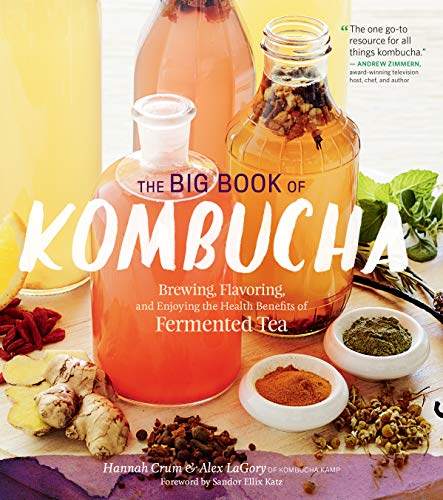They are again discussing the alcohol duty rise this morning on LBC, with 25 pubs a week closing over the past year a cut would probably have been a better idea.
Last edited:

Ahh that makes more sense, £11.93 per pint was looking steep but 3.7% of that is 44p (Fine light) or 5.1% (Goacher Gold star) 61p. Not quite so bad but still hefty.Except as it's duty per litre of alcohol in the product then it does vary with the percentage alcohol in the beer. An 8% beer will have twice the amount of duty as a 4% beer.











So Manns will be coming down in price At only 2.8View attachment 88464View attachment 88464@Cwrw666 is right, the amount of duty will still vary depending on the strength of the beer.
Pint of 4% ABV Beer = 568ml x 0.04 = 22.7ml of alcohol x £21.01 = 47.7p duty
Pint of 8% ABV Beer = 568ml x 0.08 = 45.4ml of alcohol x £21.01 = 95.5p duty
The bigger aspect of the change is the reduced duty rate (£9.27 per litre) for beers below 3.5% ABV. Which is why the market is about to be flooded with 3.4% beers, either as new recipes or modifications to reduce the strength of existing ones.
Pint of 3.5% ABV Beer = 568ml x 0.035 = 19.9ml of alcohol x £21.01 = 41.8p duty
Pint of 3.4% ABV Beer = 568ml x 0.034 = 19.3ml of alcohol x £9.27 = 17.9p duty
Well not quite right.
The actual alcohol in a pint at 3.5 is 19.88%. That is the PURE ALCOHOL part of it. Under the old system the duty was on the product as a whole alcohol, water, hops, barley etc and that was specifically stated in the range of 3.5 to 8.5 as 19p per litre per percent of alcohol.
What you are saying is the £21.01 is for the pure alcohol content within the beer.

so the govt harps on about a 6% pay rise being inflationary then raises duty in some cases by 10%? -